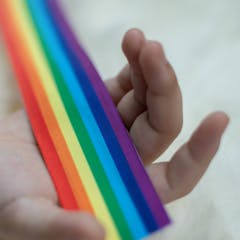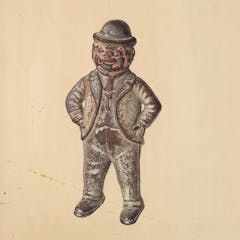
Articles on Linguistics
Displaying 1 - 20 of 364 articles

The use of ‘surrender’ calls the democratic process into question.

Humans aren’t the only animals that have names for each other − and studying animals that use names can teach researchers more about how human names evolved.

Despite its name, this sandstone slab is not a simple stone. It was once part of a monument, an ancient epigraph measuring three by three metres carrying about 50 lines of text.

Is one term less pathologising than another? Here’s what our new research found.

By 43AD, when southern Britain became a Roman colony under emperor Claudius, the island was populated by speakers of several Celtic languages.

Although not a true sign language, the use of sign in Dune can still teach us a lesson about the value of sign language.

Tower Hamlets’ recognition of Cockney as a “community language” celebrates the role that all English dialects play in shaping individual and community identities.

For Australians, it’s a love story, so baby just say “yeah-nah”.

The history of the coastal communities of east Africa shows how ethnic groups and their languages were shaped.

‘Accentless’ spoken language is the language of the elite, of authority. It’s the version of the language that is used by the people who have traditionally held all the power.

‘Year’ and ‘time’ are the two most frequent nouns in British English.

Words have power, and what vocabulary you have at your disposal to describe your relationships with other people can shape what directions those relationships can take.

Research shows how the group once portrayed as a respected source of advice began to be seen by some outlets as a danger to young people.

Why do so many Americans share the concern that success and integrity are in conflict, as if one comes at the expense of the other?

While AI now allows us to erase accents, is this really a good idea? Besides, who doesn’t have an accent?

Pleasant-sounding words might have a leg up.

The language associated with drag culture has become mainstream and is now often considered part of the ‘internet vernacular’.

2023 will be remembered for more than quirky new phrases.

An expert on rhetoric explains why ‘rizz’ may be more like charm than charisma.

For many school children, Benjamin Zephaniah’s work will have been the first time they encountered published literature that talked about the things that mattered to them.
